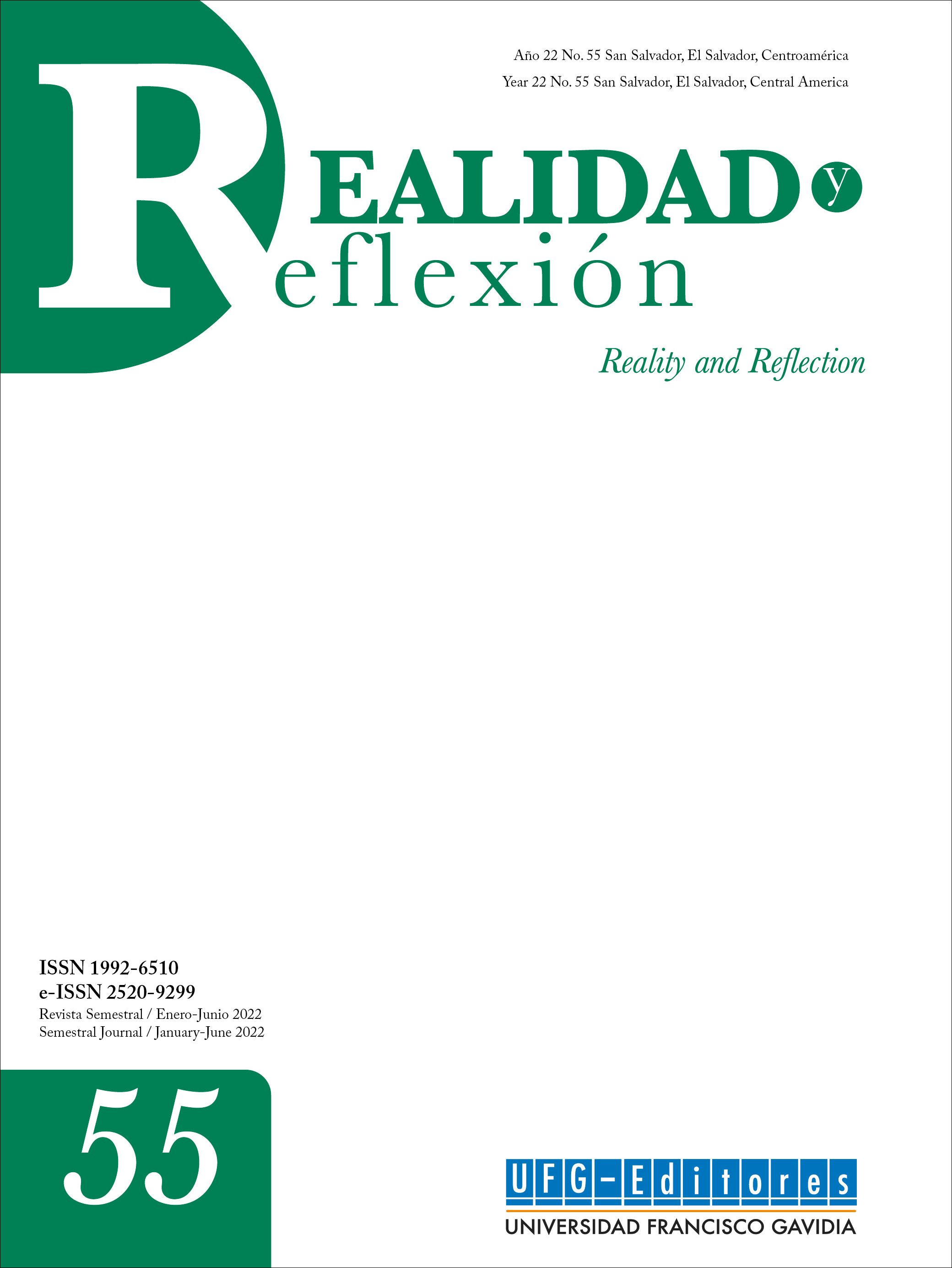Classification of remote access technologies for teleworking in SMEs
DOI:
https://doi.org/10.5377/ryr.v1i55.14411Keywords:
telework, technologies for remote access, remote acceessAbstract
Given the abruptness of the 2020 confinement caused by the COVID-19 pandemic, many organizations had to suspend their activities, except for those that had a technological infrastructure or computer resources that allowed teleworking. Also in response to this situation, there is an explosion of new technologies to facilitate access to the computer resources of organizations (databases, finantial applications, process management software, etc.) making it difficult to select the best options for micro and small companies, which have a smaller budget for investment in technology and few well-trained personnel to evaluate technologies and implement the most convenient for the organization. In this context, this research seeks to: provide guidelines so that a company can implement remote access as a teleworking strategy and create a classification of available schemes for access to the organization's computer resources that facilitates the selection of the best scheme. To achieve this, several technologies recommended by the students of the Master in Computing Applied to Networks were listed and a lists of characteristics or parameters were created for the evaluation of the selected technologies. Subsequently, test scenarios were created by graduates of the Systems and Computing Engineering degree. As a result, the considerations that SMEs should have when implementing technologies for teleworking and a classification of five schemes or technological methods for access to equipment or applications that are within the organization are listed, proposing in addition, technologies for micro, small and midle salvadoran companies.
Downloads
681
Downloads
Published
How to Cite
Issue
Section
License

This work is licensed under a Creative Commons Attribution-NonCommercial-ShareAlike 4.0 International License.
© Universidad Francisco Gavidia
Instituto de Ciencia, Tecnología e Innovación (ICTI)
Reality and Reflection
The content and opinions expressed in the publication are the responsibility of the authors of the published articles. The authors assign the publishing and publishing rights, in printed and digital version, to the Universidad Francisco Gavidia.
Proof of originality and assignment of publication rights
The authors must sign a certificate in which they indicate that the text presented for publication is original, unpublished and that it has not been sent for review in another academic publication; In turn, the authors assign the rights of publication and publication to Francisco Gavidia University. The format of this record will be sent through the emails: editores@ufg.edu.sv and jlozano@ufg.edu.sv
The journal Reality and Reflection is housed in the institutional dissemination platforms (web page and in the repository), as well as in databases and other pages of scientific dissemination. The publications of the Francisco Gavidia University are subject to the Salvadoran copyright law, contemplated in the Intellectual Property Law https://www.asamblea.gob.sv/
The content of the work is the sole responsibility of the author, therefore, if for any reason or reason, direct or indirect, the Editor is obliged to pay any compensation to a third party derived from the work of the author, whether it is established in a transaction, agreement or final or enforceable judicial sentence, the Editor may repeat against the Author for the total amount of compensation, plus adjustments, interests and costs that correspond.
It will be the obligation of the UFG to grant five copies of the publication which will be delivered at the UFG Editores headquarters in San Salvador.

